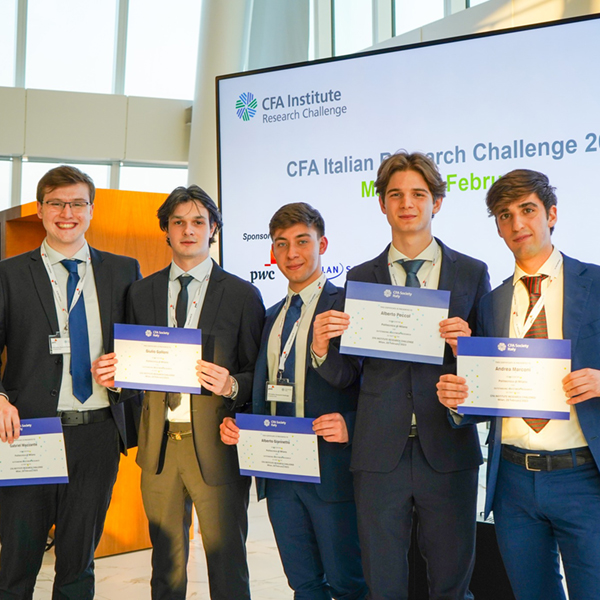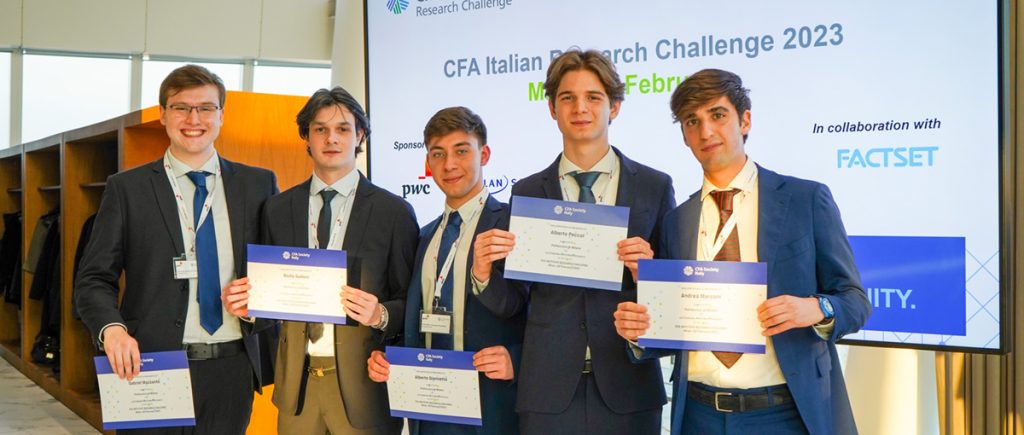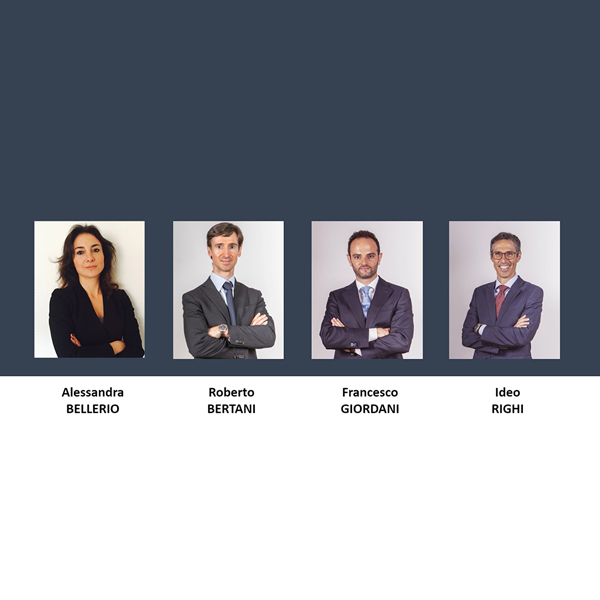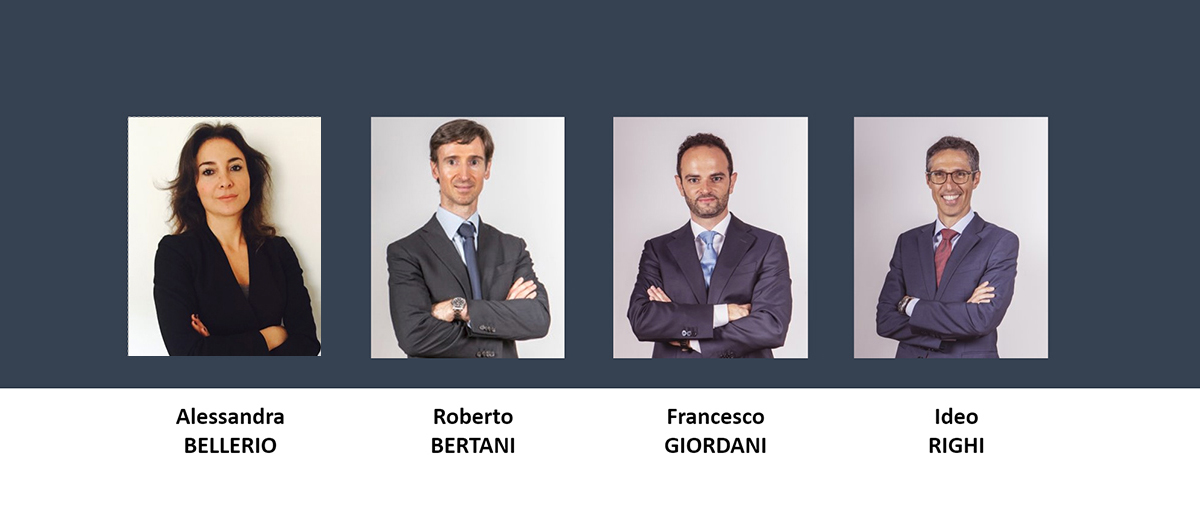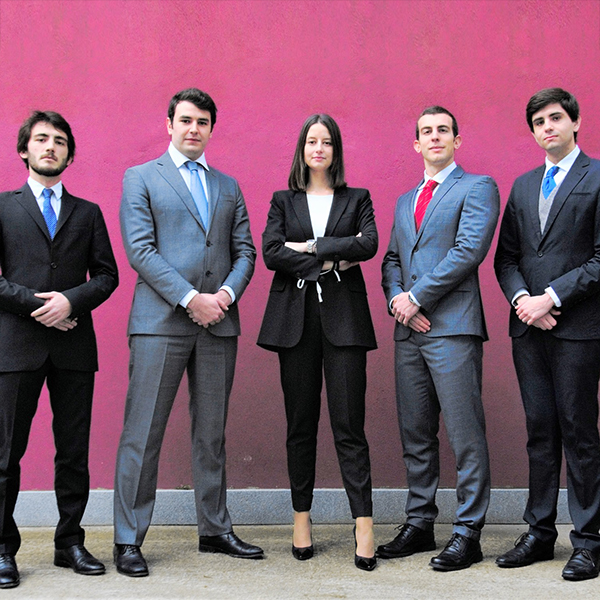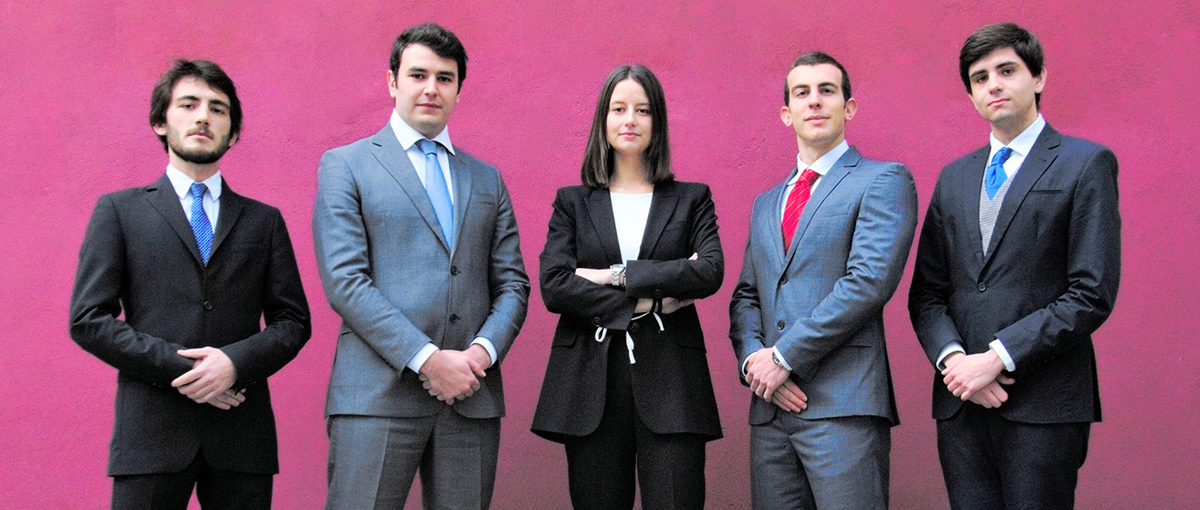
The Sustainable Finance Action Plan has boosted private investment in companies with an environmental purpose, but the lack of a social taxonomy is hampering progress on issues such as diversity and healthcare. A study highlights achievements and challenges for a truly sustainable future.
The European Union’s goal to become the first climate-neutral continent requires a significant redirection of financial flows toward sustainable activities. The 2018 Action Plan on Sustainable Finance, along with subsequent regulations, has played a key role in this process by introducing tools to classify and monitor sustainable economic activities. A study published in Finance Research Letters analyzes the impact of these policies on private markets, revealing promising results but also areas for improvement.
The research, conducted by Leonardo Boni, Assistant Professor at POLIMI School of Management, and Lisa Scheitza, researcher at the School of Business at the University of Hamburg, is part of the research activities developed by TIRESIA POLIMI research center, and is based on an analysis of private equity transaction data from 2007 to 2023.
The results show that the Action Plan significantly increased funding for companies with environmental purposes in EU countries. After 2018, the volume of transactions and the average deal value for companies in electric mobility, renewable energy, and the circular economy grew by 63.4% in deal size and 42.2% in total funding. However, investments targeting companies with social purposes, such as diversity or healthcare services, did not see the same growth.
Although the Action Plan has improved transparency and reduced perceived risks, challenges remain. Sustainability-focused tech companies, for example, still struggle to attract capital due to regulatory uncertainty and long development cycles. Additionally, the absence of a Social taxonomy that clearly defines standards for socially sustainable activities limits the potential of European policies in this area.
The study suggests expanding the regulatory framework to include a social taxonomy capable of ensuring a more equitable allocation of resources between environmental and social dimensions of sustainability. Strengthening regulatory support for tech companies could also accelerate sustainable innovation. Finally, stricter monitoring is essential to mitigate the risk of greenwashing, ensuring that sustainability funds are genuinely used for their intended purposes.
In summary, the study also has implications for the development of impact investing. While the EU has made significant progress in mobilizing private capital for environmental impact, achieving a balance between environmental and social impact requires further regulatory and strategic interventions.
For more information: Analyzing the role of regulation in shaping private finance for sustainability in the European Union







